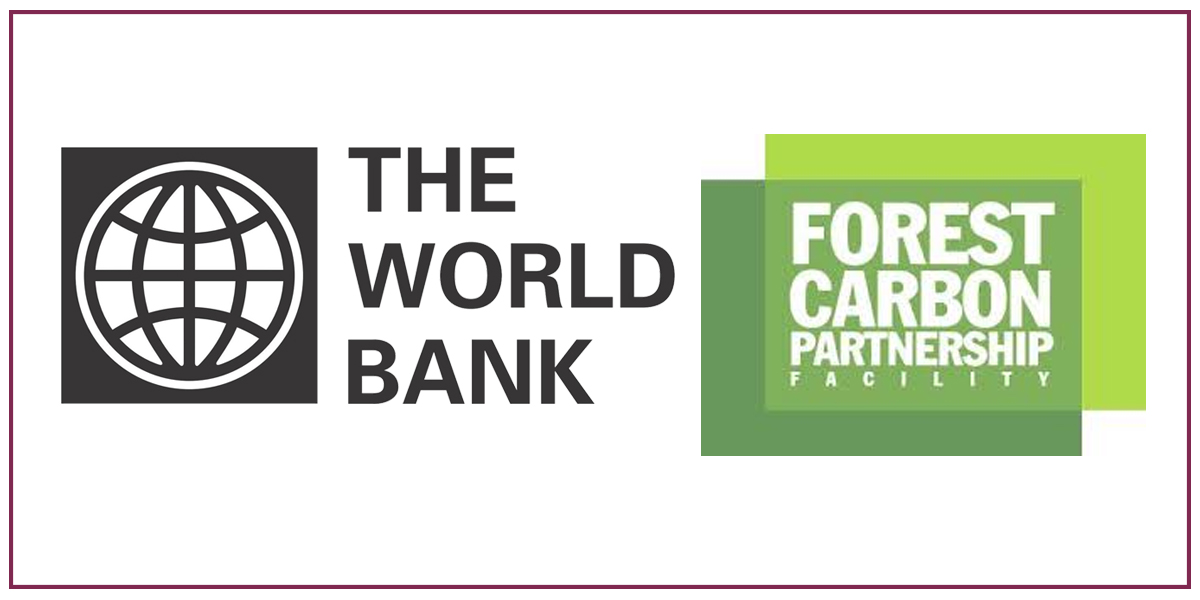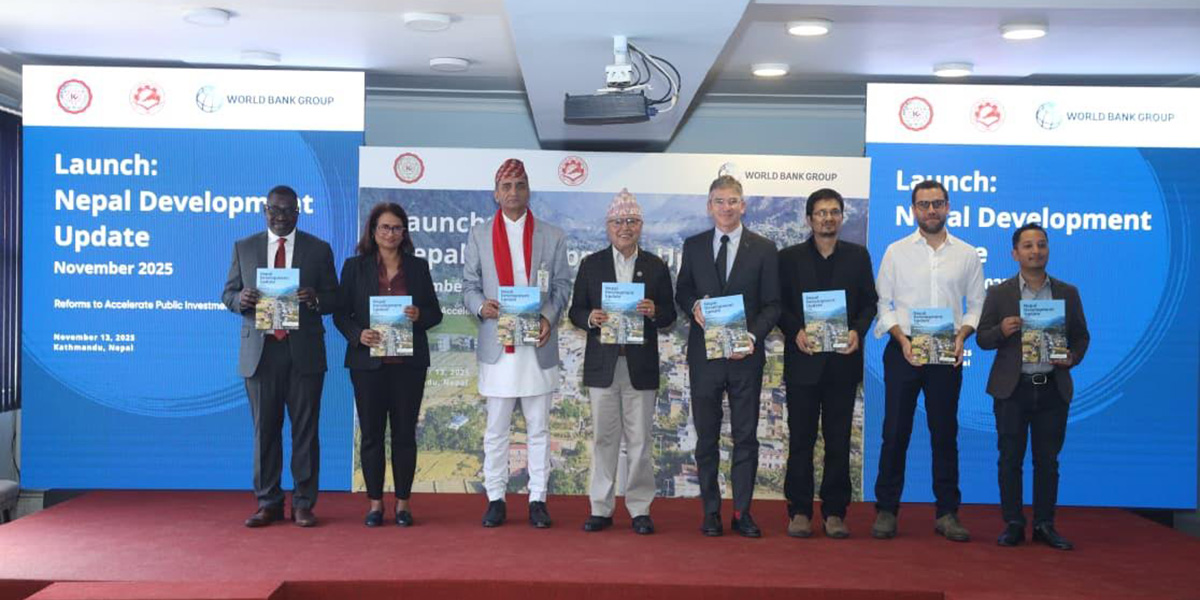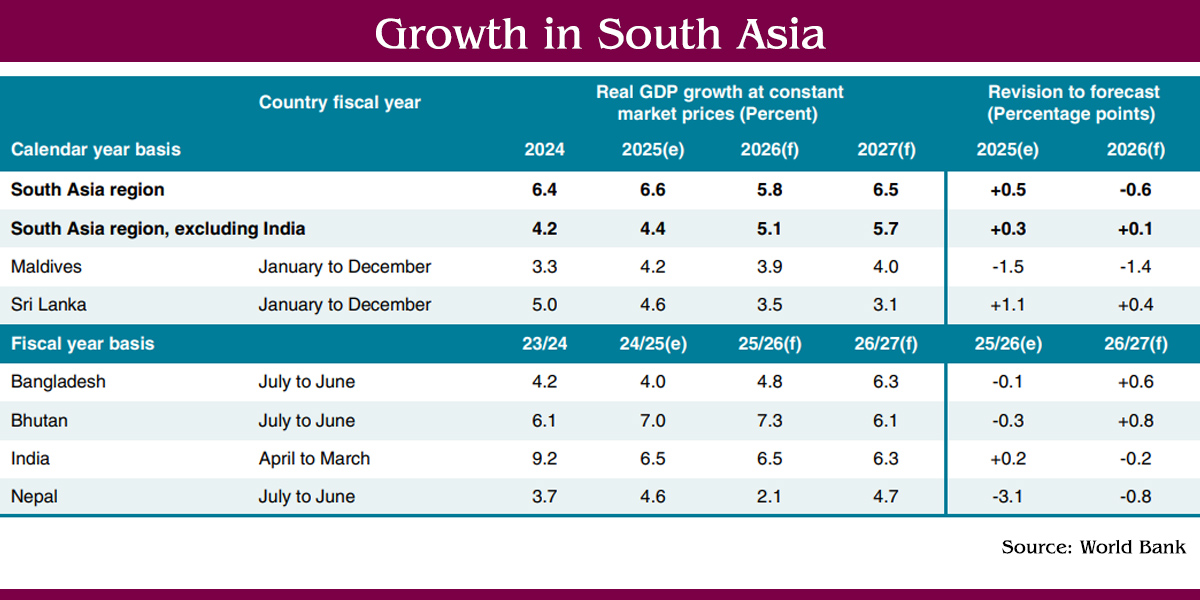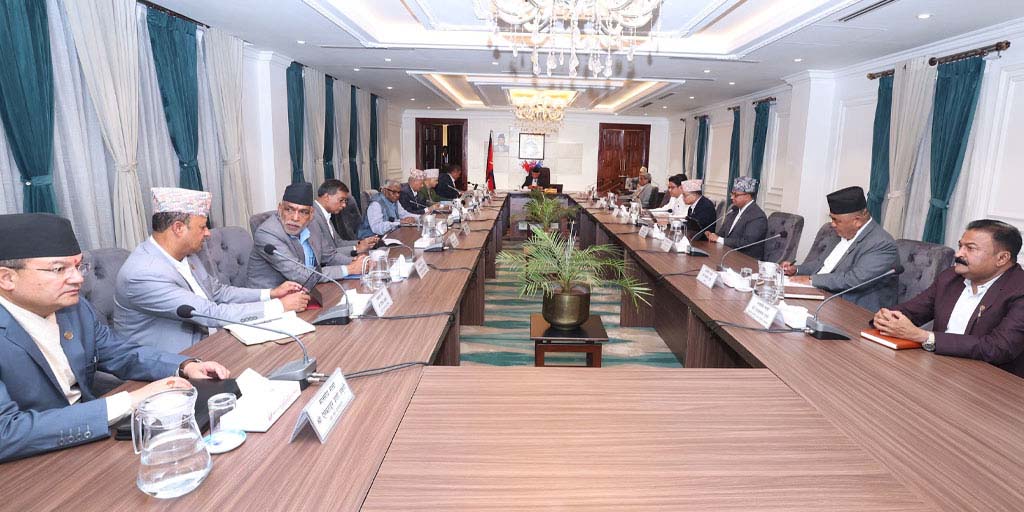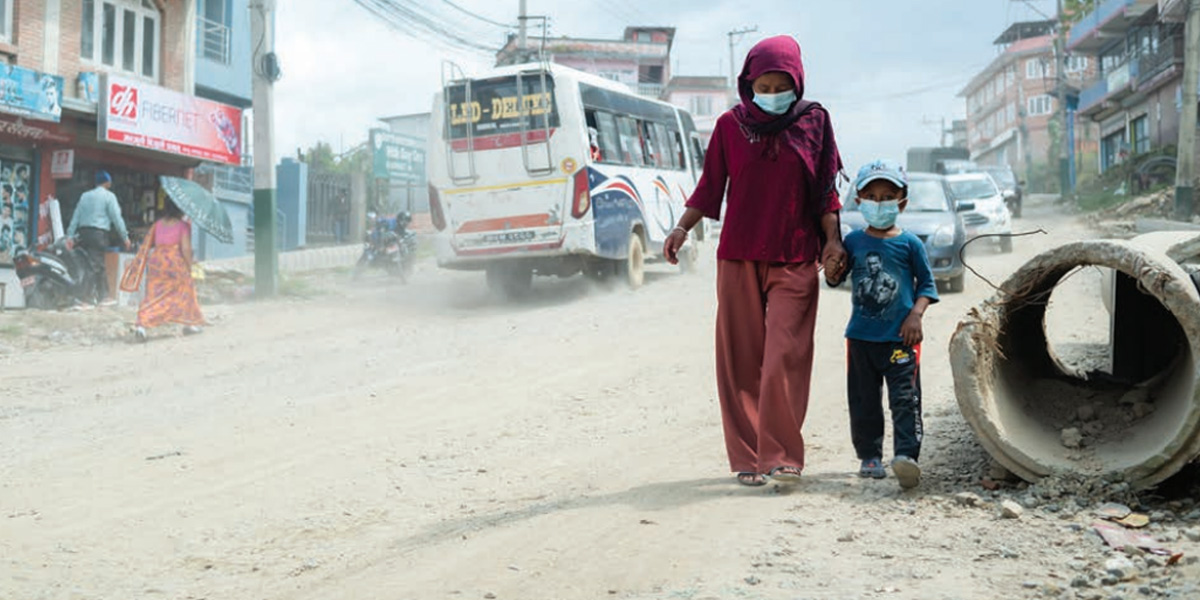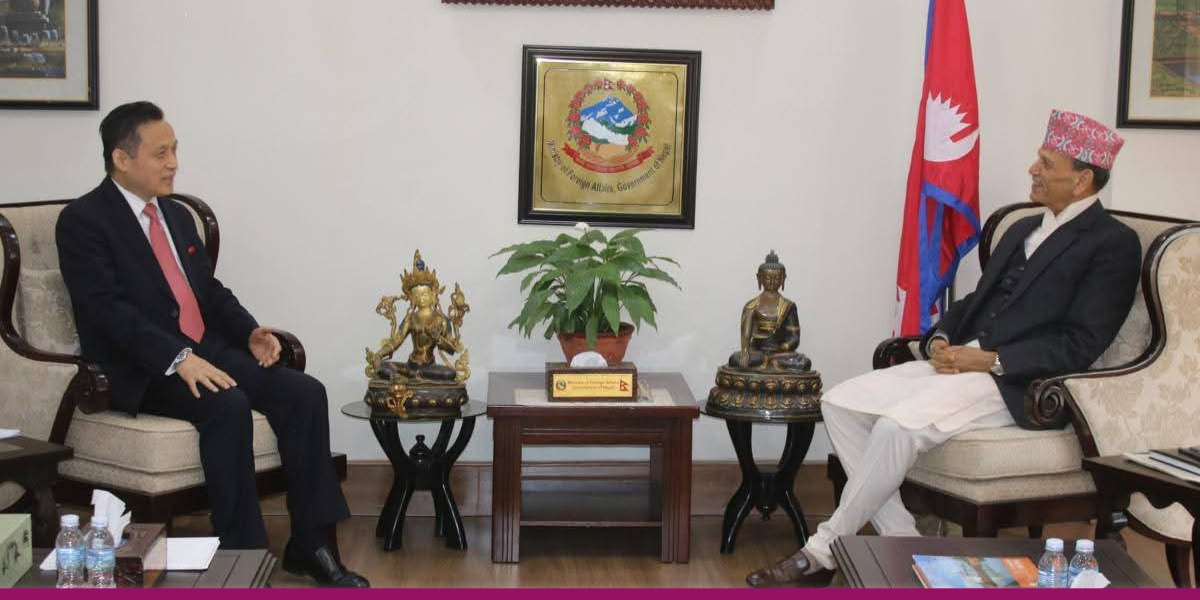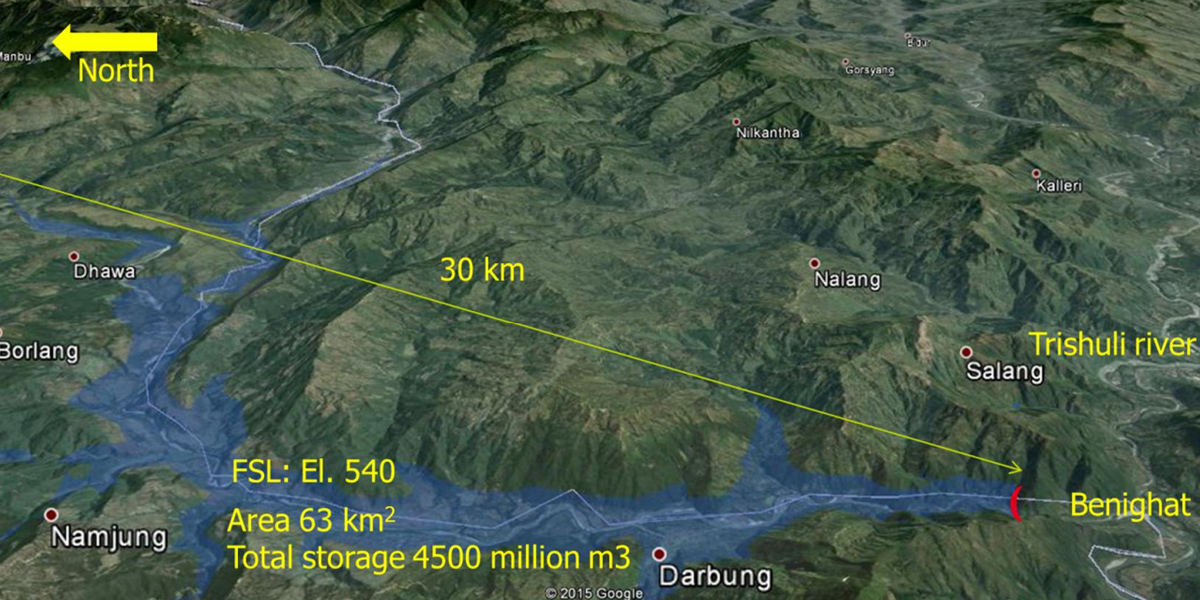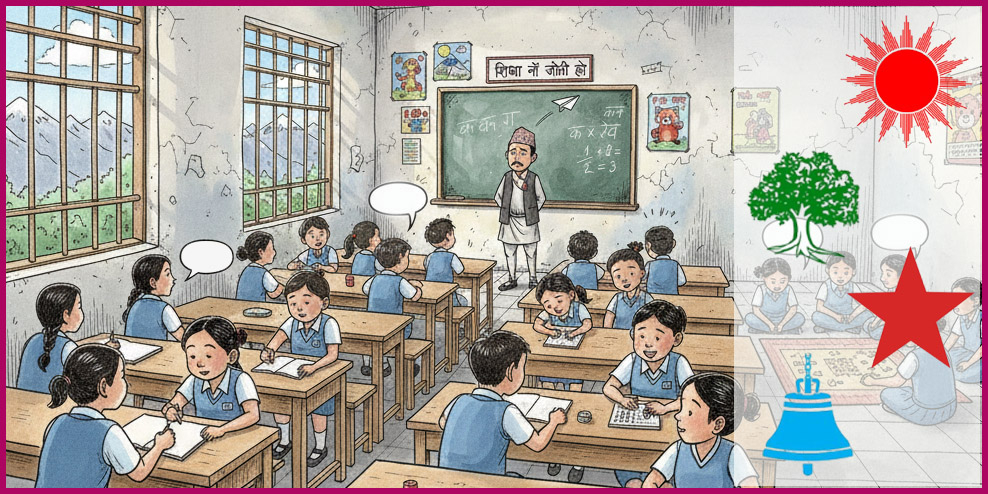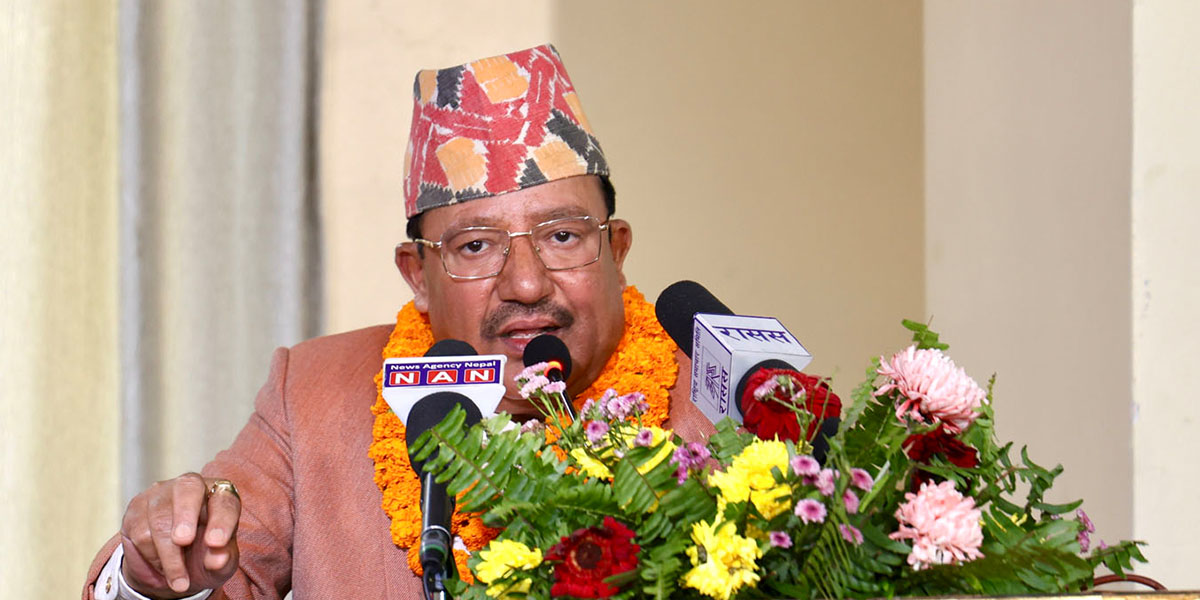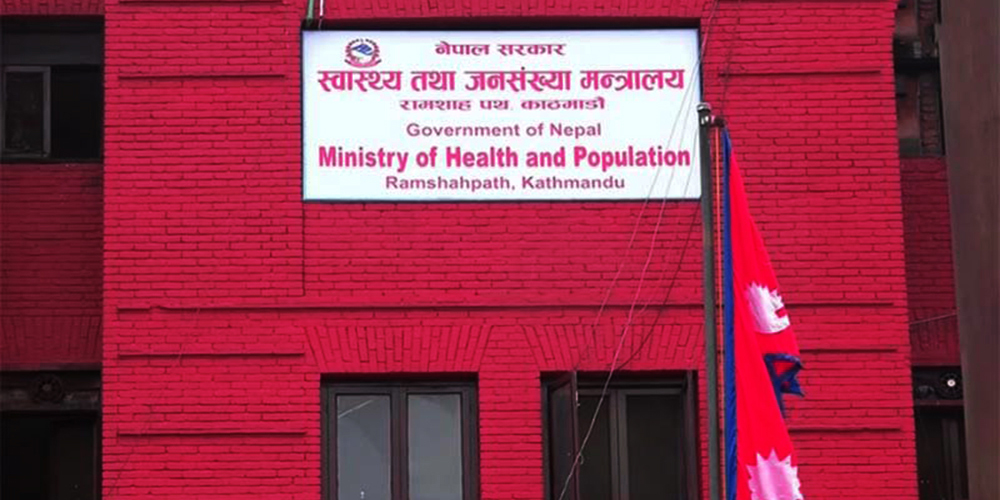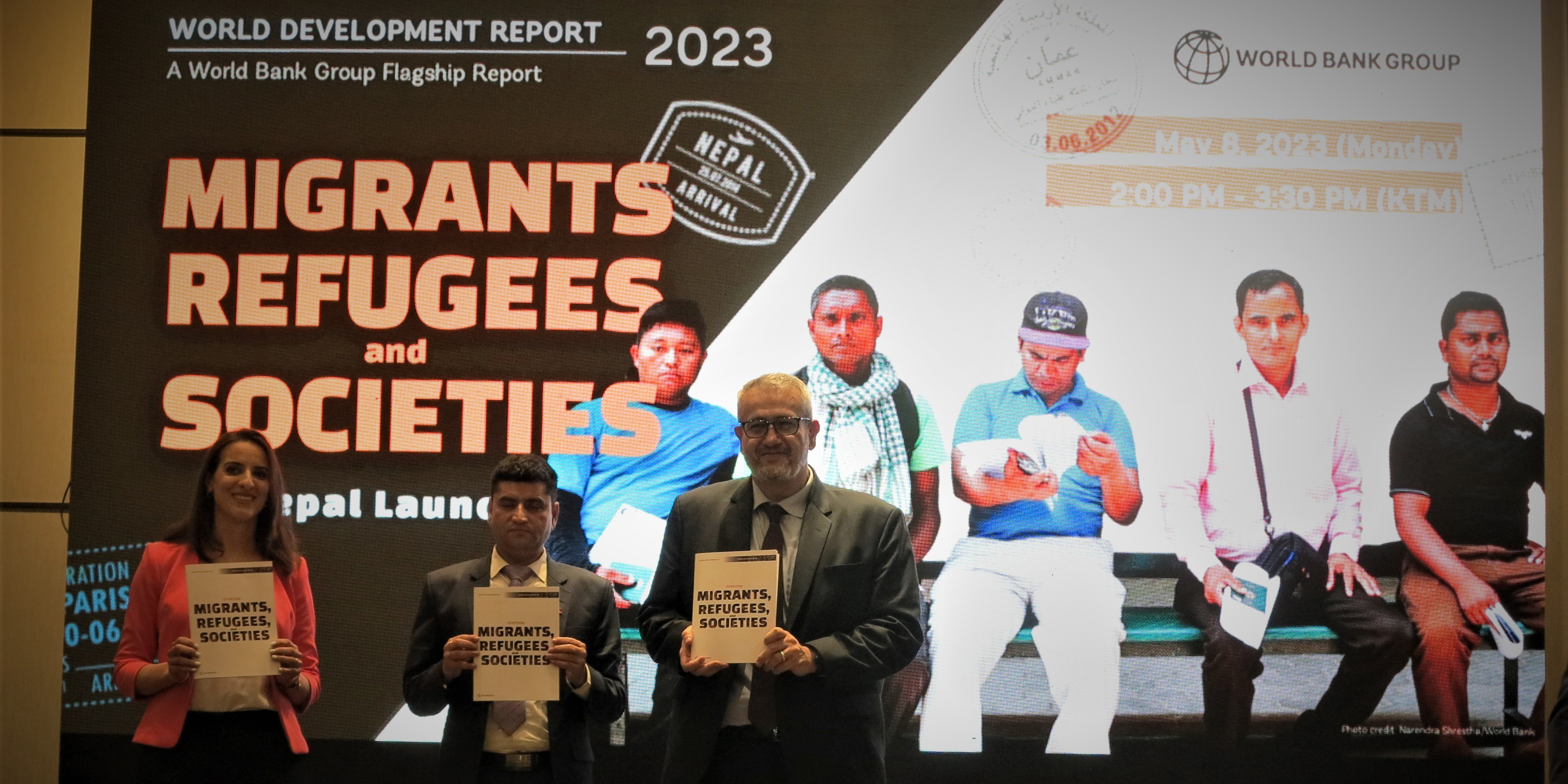
KATHMANDU: The World Bank’s latest report – the World Development Report 2023: Migrants, Refugees, and Societies – emphasizes the potential of migration to drive economic growth and shared prosperity worldwide.
Launched in Kathmandu on Monday, the report provides a comprehensive framework to shape effective policies by considering migrants’ skills and the motives behind their movement.
As populations around the world age rapidly, many countries increasingly rely on migration to unlock their long-term growth potential. The report identifies this demographic shift as a unique opportunity to leverage migration for the benefit of economies and individuals. With wealthy and middle-income countries facing diminishing populations, the competition for skilled workers and talent intensifies, while low-income countries grapple with the need to generate more jobs for their growing youth populations, the report states.
Apart from changing demographics, the report highlights the evolving nature of migration, characterized by greater diversity and complexity. According to the report, migration now involves countries across all income levels, with nations like Mexico, Nigeria, and the UK serving as both sources and recipients of migrants. Additionally, the number of refugees has nearly tripled in the past decade, and climate change poses a significant threat, potentially driving more migration as approximately 40% of the global population resides in areas highly vulnerable to climate impacts.
The report advises origin countries to integrate labor migration into their development strategies, reduce remittance costs, facilitate knowledge transfer from their diasporas, develop globally sought-after skills to enhance job prospects for their citizens, mitigate brain drain, protect their nationals abroad, and support their reintegration upon return. Likewise, it said that destination countries should embrace migration when it aligns with the demand for specific skills, ensure the inclusion of migrants, and address social concerns among their citizens.
Acknowledging the significance of remittances in Nepal, Faris Hadad-Zervos, the World Bank Country Director for Maldives, Nepal, and Sri Lanka, said that remittances serve as a lifeline for many families and contribute to poverty reduction.

 Himal Press
Himal Press 
